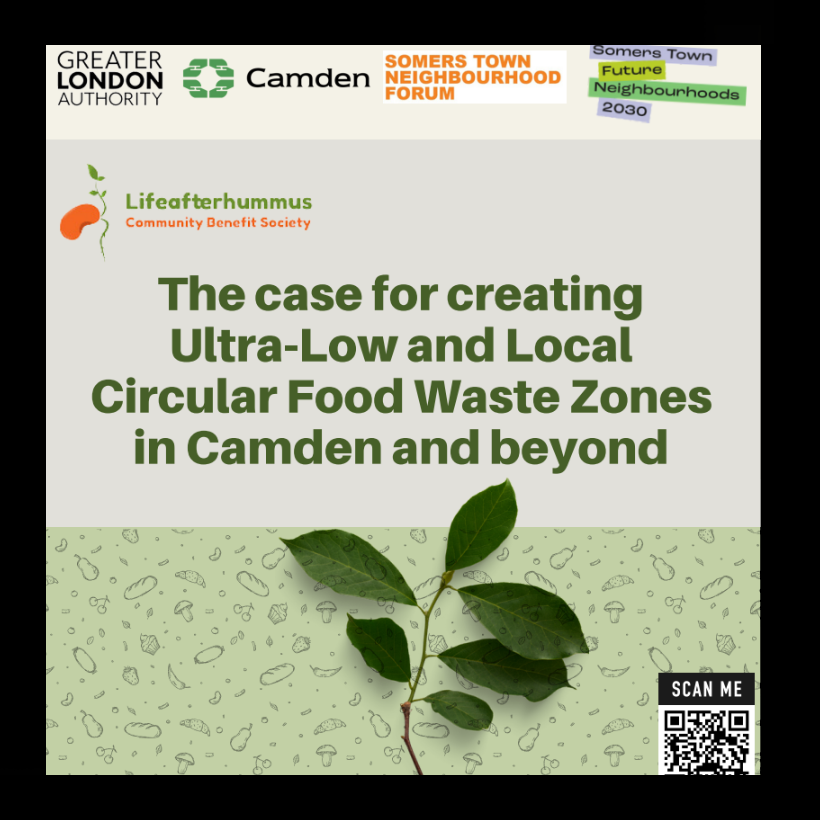
BLOG

“She could not bear the stress and fainted”: Seasonal Work on UK Farms
Over the past eighteen months, FLEX have been working with Rosmini Centre Wisbech, Citizen Advice South Lincolnshire, and the Southeast and East Asian Centre (SEEAC) to conduct surveys and interviews with actors along the food supply chain. Jacob Bolton from FLEX relates how the research found deep-seated, systemic issues on UK farms, with evidence of several indicators of forced labour – including deception, isolation, withholding of wages, intimidation and threats

Addressing the rising tide of food insecurity in the UK
“Cash first” approaches to food poverty, where cash payments are given to people so that they can purchase food, works for some. But as FAWN member Dr Megan Blake argues, cash transfers can also go toward other priorities, such as debt or rent, rather than food. They do not improve health, job prospects or long-term income of those in need

Reconnecting Agroecology and the Labour Movement
The Food and Work Network, supported by the Experimental Humanities Collaborative Network at Birkbeck, University of London, held a day of discussion at the Organiclea Workers’ Cooperative in Chingford in May. Rowan Lubbock reports on the political debates between degrowth and productivist socialism, focusing on tensions between industrial and agroecological food production models.

Piloting Ultra-Low Food Waste Zones: The Case of Somers Town in Camden, London
Lifeafterhummus runs a social supermarket and re-use center in Somers Town, a central London community affected by recent regeneration and the arrival of the UK Google HQ. Despite this, it still faces high levels of deprivation. Farrah Rainfly discusses how data analysis provides a chance for Somers Town to lead in reducing food waste for Camden and beyond.
